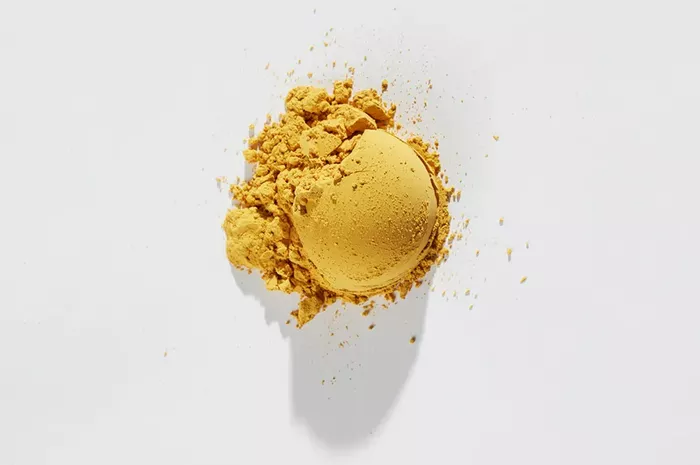Helsinki, Finland — A groundbreaking shift in food production is underway as farms are being replaced by labs, and traditional crops and meats are making way for innovative alternatives. Solar Foods, a pioneer in this movement, has introduced Solein, a protein made from air, and recently unveiled its first production facility, Factory 01.
Launched in 2021, Solein is set to revolutionize food consumption by offering an environmentally friendly alternative to meat, dairy, and other carbon-intensive foods. Solar Foods aims to make air protein the new standard, significantly reducing the environmental impact of food production.
Solein is produced through a process similar to brewing beer, but instead of using sugar and starch, it relies on gas fermentation. Dr. Ying Zhang, a molecular microbiologist at the University of Nottingham, explains, “This process uses gas as a feed, which includes carbon dioxide – hence the term ‘air protein’.”
The production involves a special microbe that grows by feeding on carbon dioxide, nitrogen, and hydrogen. Renewable energy is used to split water molecules in the air to provide hydrogen. These microbes are then fed a nutrient-rich broth, and once they multiply, they are separated from the liquid using centrifugation. The resulting product is dried into a fine powder that is about 60 to 70 percent protein. This protein can be used as a powder or formed into various shapes to mimic meat.
Solein is marketed as a high-protein, vegan-friendly, and environmentally conscious product. However, it faces several challenges before becoming mainstream. It currently has regulatory approval only in Singapore, and the safety of its hydrogen-dependent production process is a concern. Hydrogen is highly explosive, and scaling up production safely is a significant challenge. “Handling hydrogen safely at a large scale is crucial and requires careful engineering,” says Zhang.
Solar Foods assures that they prioritize hydrogen safety, using appropriate materials and procedures to manage the gas. CEO Pasi Vainikka emphasized their commitment to safety, stating that hydrogen management is a core responsibility and strategic asset for the company.
Despite its potential, Solein faces hurdles, including gaining regulatory approval in more regions and proving its long-term health effects. Nonetheless, it offers a promising solution to several dietary and environmental issues. Solein is free of gluten, dairy, soy, and known allergens, making it suitable for various diets. It is versatile and can be used to create a range of foods, from pasta and gelato to snack bars and meatballs. Solar Foods claims that Solein contains all nine essential amino acids, carbohydrates, fats, and minerals necessary for a balanced diet, though these claims await independent verification.
Solein’s most significant advantage is its minimal carbon footprint. It requires far less water and electricity compared to traditional agriculture and is reportedly 10 times more climate-friendly than plant-based proteins and 100 times more so than meat. “If hydrogen is sourced environmentally, this method significantly reduces the impact compared to meat production, particularly beef,” Zhang notes.
With a projected price of €6 per kilogram, Solein could indeed shape the future of food – provided it secures regulatory approval and successfully addresses the safety challenges of handling hydrogen at scale. If these obstacles are overcome, Solar Foods’ air protein might become a staple in diets around the world, offering a sustainable and nutritious alternative to traditional protein sources.































